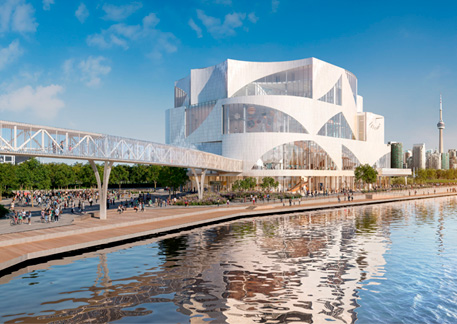Sacyr's results demonstrate the soundness of the group's strategy, focused on the concession's activity.
Results Presentation
Consult and download all the presentation of results from recent years, published in the National Securities Market Commission (CNMV).
The FY 2025 results presentation was held on 27th February 2026 at 12:00 CET.
To access the webcast click here.
FY 2025 Results Presentation
2025
Sacyr's FY 2025 Results Presentation was held on February 27th, 2026 at 12:00h CET.
Access to streaming.
New Award Turin Health Complex
Italy: strategic market
SIS, a consortium comprising Fininc and Sacyr, will build and manage this project for 25 years, which will require an investment of €517 million. More info
Lousiana I-10 highway awarding.
USA Strategic Market
A world-class consortium comprised of Sacyr, Acciona and Plenary Americas have signed a P3 project to design, build, finance, operate and maintain for 50 years the construction and improvement of a 10-km-long stretch including a new bridge. More info
Northern Chile Airport Network
Chile
The contract covers the operation and expansion of the Antofagasta and Atacama airports. This P3 calls for an investment of €266 million and has a concession term of 26 years. More info.
Peripherical Ring Road
Peru
We are developing a major 34.8 km urban motorway that will improve Lima's connectivity. The concession includes the design, financing, construction, management and maintenance of the road. More info.
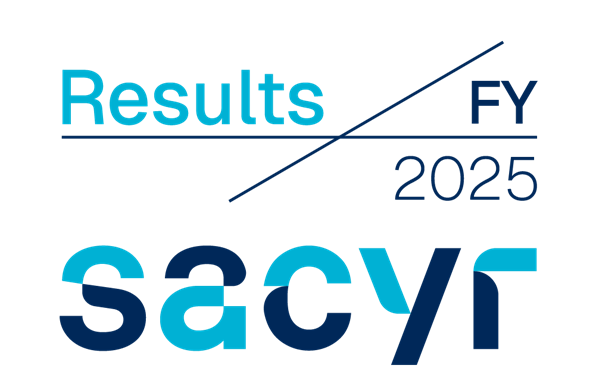
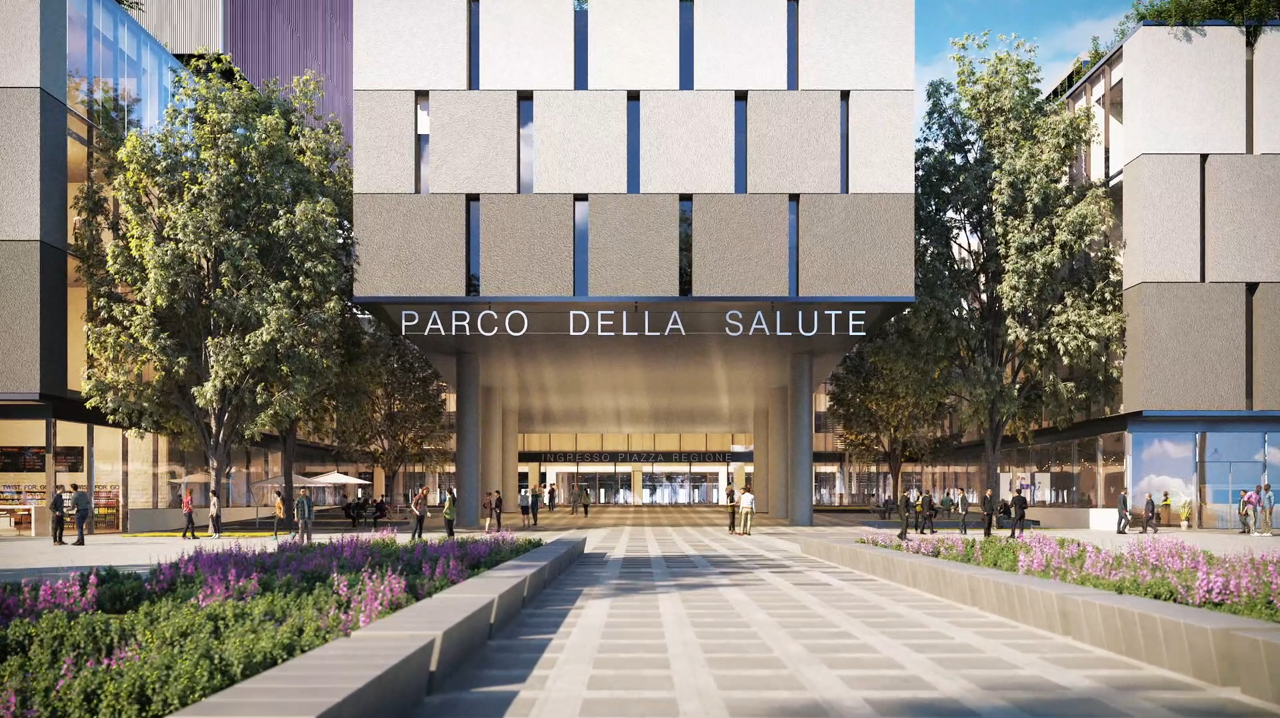

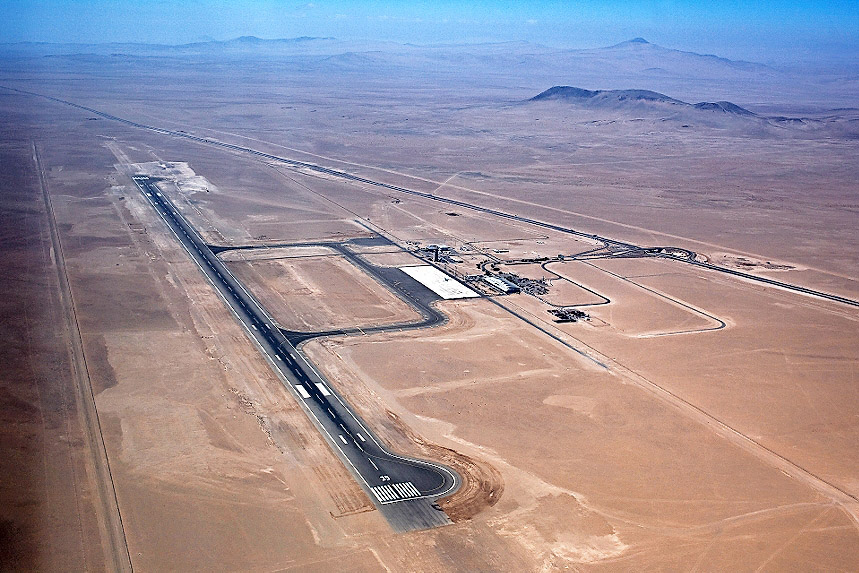
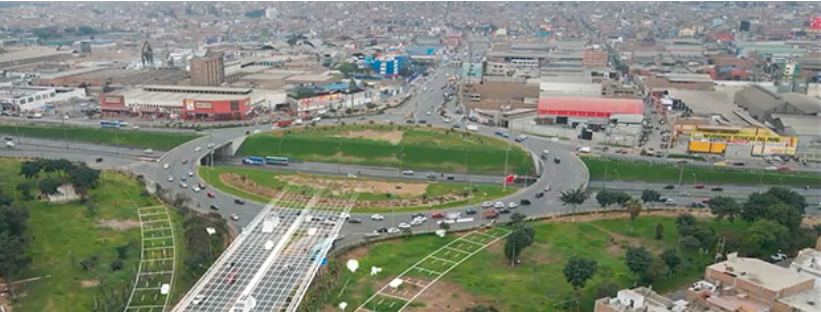
Our activity in figures
Consult key figures from the latest published results, corresponding to the FY 2025.
ENGINEERING & INFRASTRUCTURE BACKLOG 12,470
million euros
+18%
9M 2025 Results
RECOURSE NET DEBT 59
million euros
-60%
Operating Cash Flow/EBITDA conversion 100%
+436 b.p.
Our latest results
Sacyr's results demonstrate the soundness of the group's strategy, focused on the concession's activity.
OPERATING CASH FLOW 1,359
million euros
+5%
DISTRIBUTIONS FROM CONCESSIONAL ASSETS 224
million euros
-2%
EBITDA 1,358
million euros
+0.4%
REVENUES 4,660
million euros
+2%
Sacyr-backed OSP consortium secures new Ontario Science Centre P3 (Canada)
- Sacyr secures its first P3 in Canada and makes progress towards its 2024-2027 Strategic Plan goal of expanding in English-speaking countries.
- The new centre will feature an iconic design and revitalize Ontario Place, in harmony with Ontario Lake’s environment.
- The project scope includes the design, build, finance, and maintenance for C$1.04 Bn (€645 million).
27/02/2026
Ontario Science Partners (OSP) consortium has been awarded the contract to deliver a spectacular new Ontario Science Centre as part of a public-private partnership (PPP) with Infrastructure Ontario (IO). The contract is for the design, build, finance, and 30-year maintenance (DBFM) for the Centre, and rehabilitation of the iconic Cinesphere and Pods at Ontario Place. Financial close was reached on February 11, 2026.
OSC consortium is comprised of John Laing Group, Sacyr Infrastructure Canada Inc and Amico Major Projects Inc.
At an event held yesterday in Toronto, Premier of Ontario, Doug Ford, announced OSP as the successful bidder and highlighted the significance of this iconic project for the province and city of Toronto. The newly designed Ontario Science Centre will be a world-class facility offering science-based educational programming where generations of visitors can explore the wonders of science. The prestigious project represents a transformative step for science education and public engagement in Ontario.
A joint venture, with Sacyr and Amico each holding a 50% stake, will serve as the Design-Build Contractor for the project. Construction of the new Centre is scheduled to begin in Spring 2026. The project will generate significant construction activity and long-term operational employment over its life.
The contract is procured under a Design Build Finance Maintain (DBFM) and is valued at C$1.04 billion (€645 million).
The consortium has achieved financial close with a combination of local and international banks for a non-recourse senior revolving credit facility. This facility will be used to finance the initial investment and will be fully repaid at the end of construction phase. Equity contributions from OSP Consortium shareholders will serve as the sole source of long-term financing.
Sacyr's first P3 in Canada
This project marks Sacyr’s first P3 project in Canada, meeting the company’s goal in the 2024-2027 Strategic Plan of increasing its asset portfolio in English-speaking countries.
Leaders from the consortium’s member companies expressed confidence in the team’s ability to deliver an exceptional project. In a joint statement from the group, they said, “Our consortium brings together industry leading expertise that is informed by extensive global and local experience. The new landmark will inspire generations of bright minds – from schools and families all across Ontario – and ignite their curiosity for decades to come.
By making science more accessible to the public, we hope to support Ontario’s long history of scientific research, backed by leading institutions and Universities. All of us at OSP are delighted to have been entrusted with the building of this public legacy.”
The new OSC will incorporate sustainability targets, including LEED Silver certification, optimized energy performance, and GHG emissions reductions. The design will be led by renowned Canadian firm Hariri Pontarini, in partnership with the prestigious international studio Snøhetta.
Revitalization Ontario Place
The new Ontario Science Centre is a key project in the Ontario government’s plans to revitalize Ontario Place, an entertainment area on the shores of Lake Ontario, which will become a modern cultural hub and one of Canada’s primary scientific outreach facilities.
Beyond the new construction, the project includes the rehabilitation and upgrade of select heritage assets, integrating them into the Centre’s overall program. These include the Pods (modular pavilions elevated above Lake Ontario, designed in the 1970s), the iconic geodesic dome Cinesphere (which will continue to function as a projection venue), and various pedestrian walkways connecting the different elements of the new Science Centre.
The new 400,000-square-foot facility includes a new 220,000-squre-foot state-of-the-art mainland building, a new pedestrian bridge connection, and the renovation and enhancement of existing infrastructure
Sacyr and Amico previously collaborated on the New Grandview Kid’s treatment centre in Ajax. The scope of the contract also includes 30 years of facility management and long-term maintenance to be delivered by Johnson Controls.
